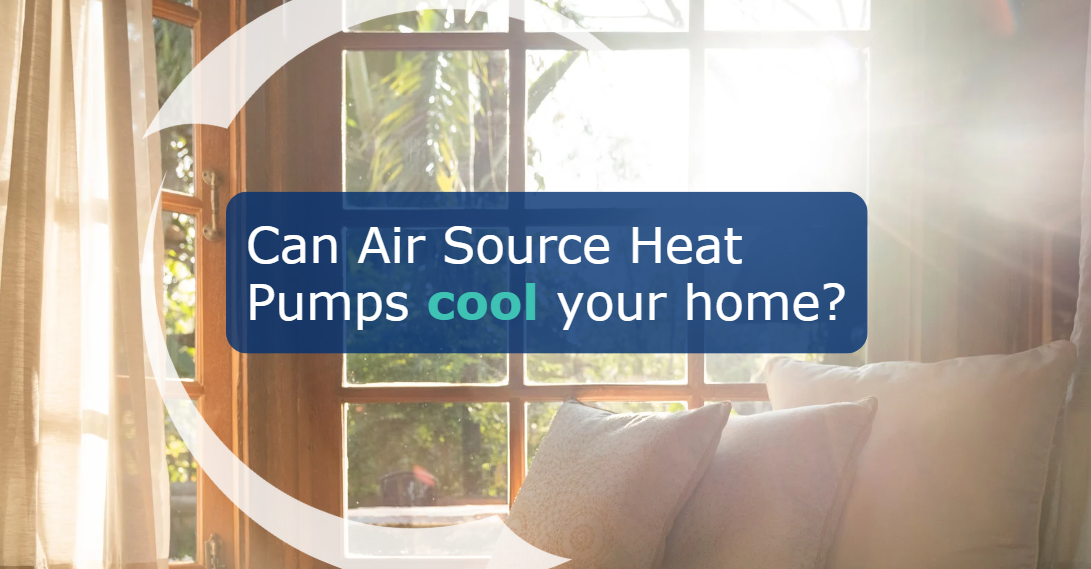Can Air Source Heat Pumps cool your home?
But can home heat pumps also cool your home? Some can, but this function comes with particular downsides that mean they’re not always desirable for all areas.
Here is what you need to know:
Air source heat pumps move heat
Using a heat pump to cool your home would mean effectively reversing the process of transferring heat from one place to another. However, not all heat pumps can do this. It all depends on your home, specific requirements, and what can be achieved. The work that is required to ensure your heat pump cools your home as well as heating it is a lot more details and potentially disruptive. For example, you will need to insulate ALL of your exiting pipework in the house to protect against condensation and the system will not work with underfloor heating and traditional radiators.
These are all things that you will need to give a lot of consideration to before going ahead.
Can I get an air-to-air heat pump?

The first is cost
This is because the intention of the BUS grant is to reduce overall energy consumption across the country, but switching to air-to-air systems means that energy consumption essentially increases as homeowners use electricity to heat their homes in the winter and use more electricity to cool their homes in the summer.
They’re awkward to retrofit in UK homes
You then need another way to heat water
In turn, this means further increases energy consumption and installation costs while also making maintenance more complex; after all, you’ll now have to organise the maintenance of two systems.
They’re not especially necessary
Air Source Heat Pumps For Cooling
What’s the alternative?
Make the switch from gas to an air-to-water heat pump – these replace your gas boiler with a super-efficient and dependable way to heat radiators and tap water, and they can be powered by zero-carbon tariffs for a truly green home.



